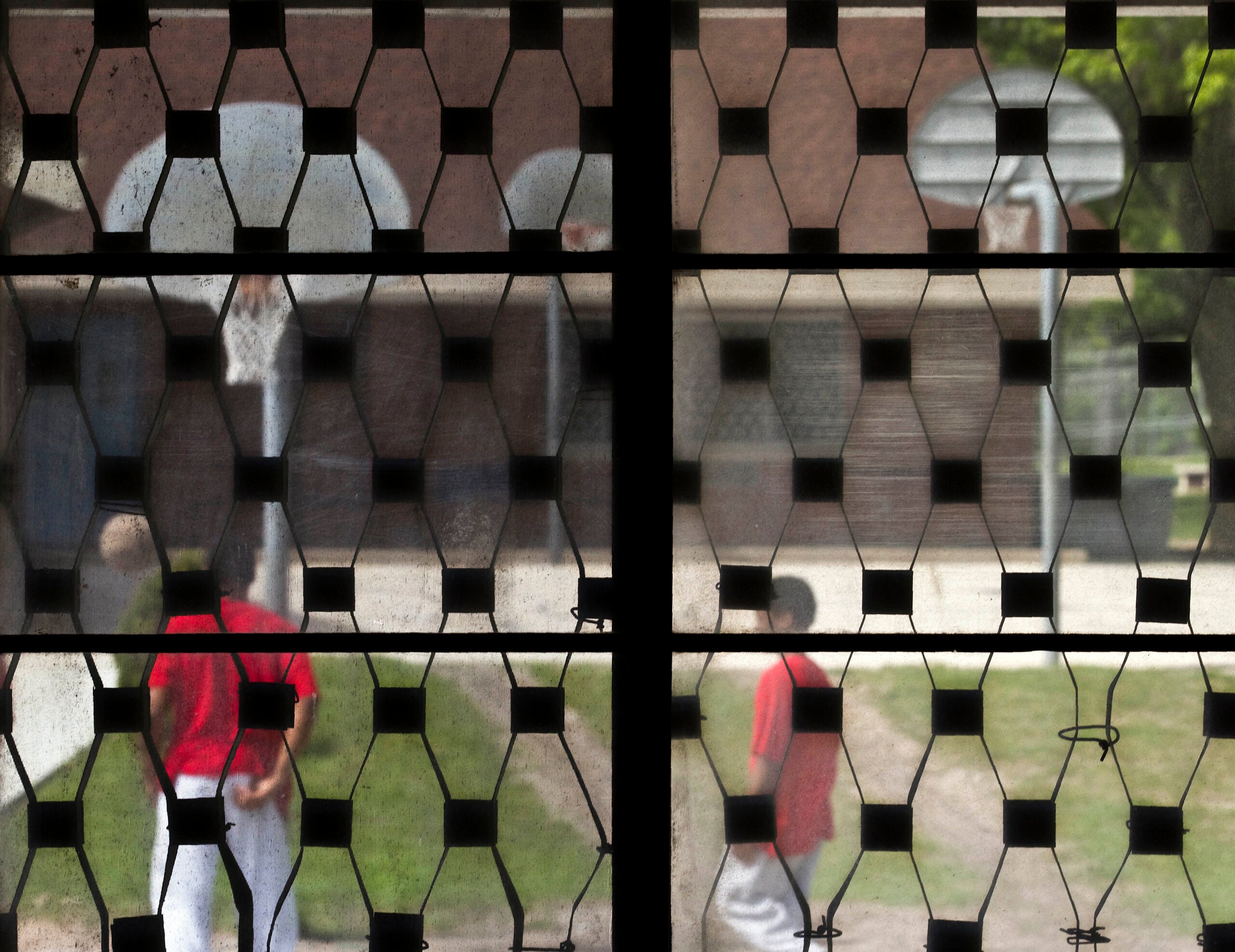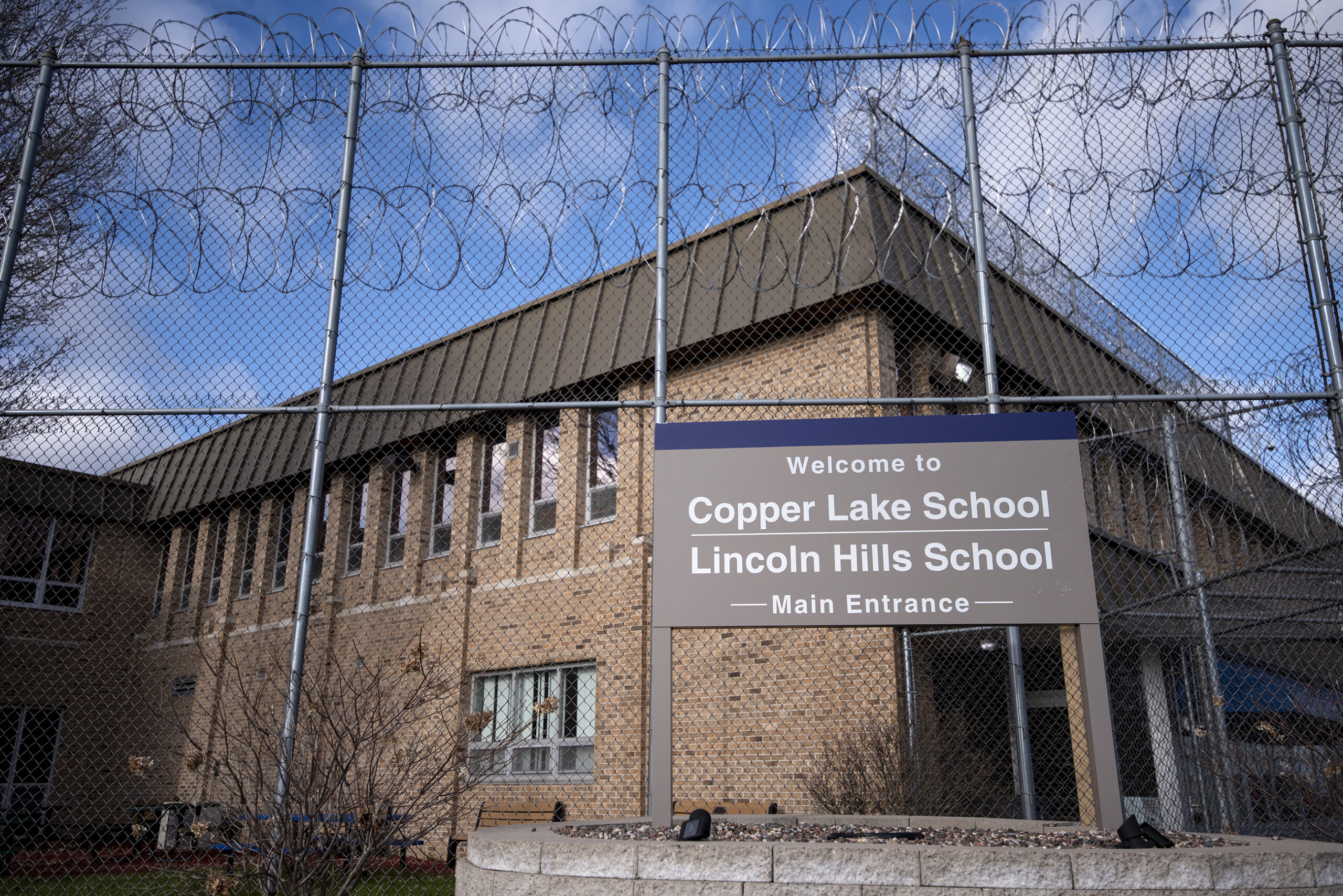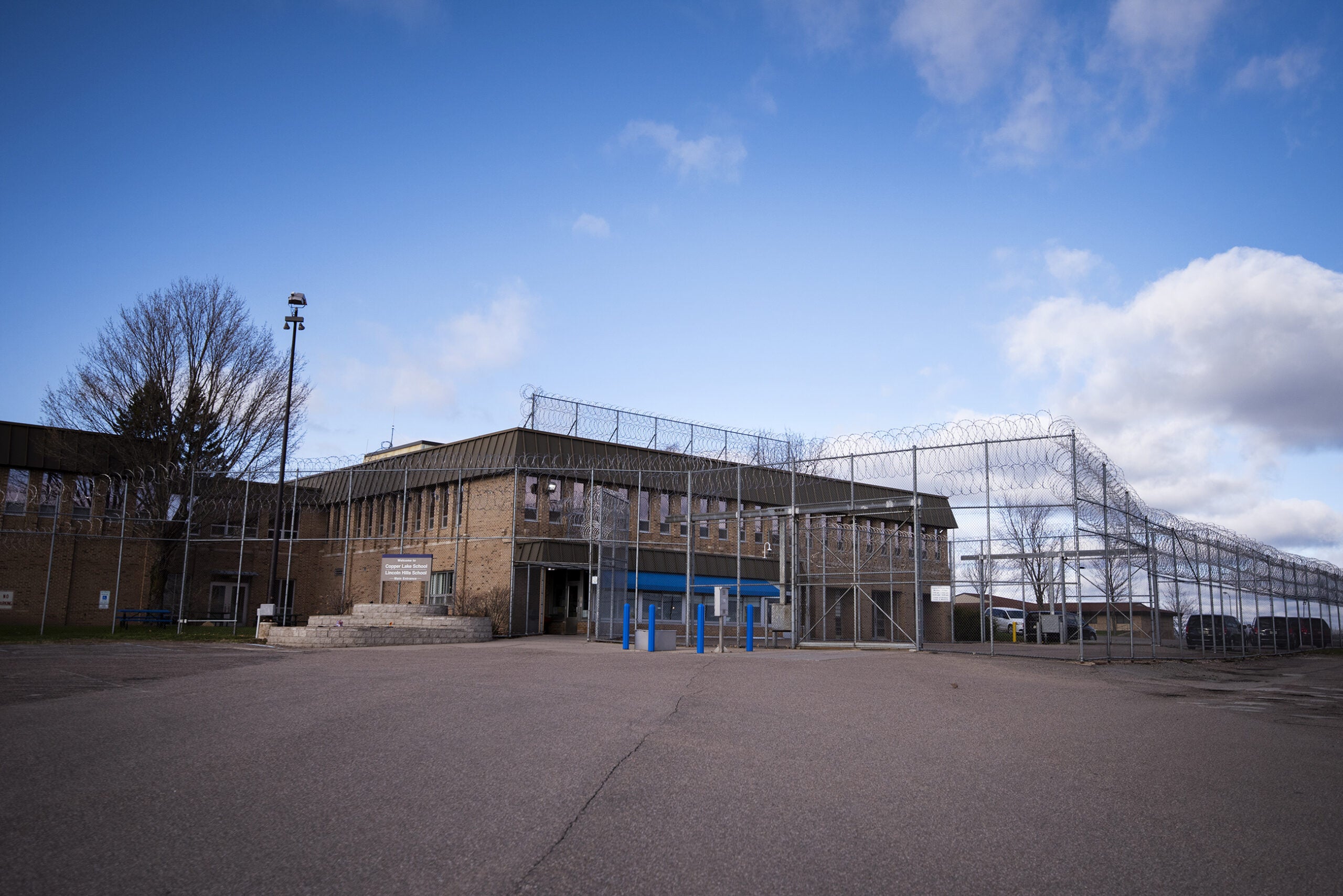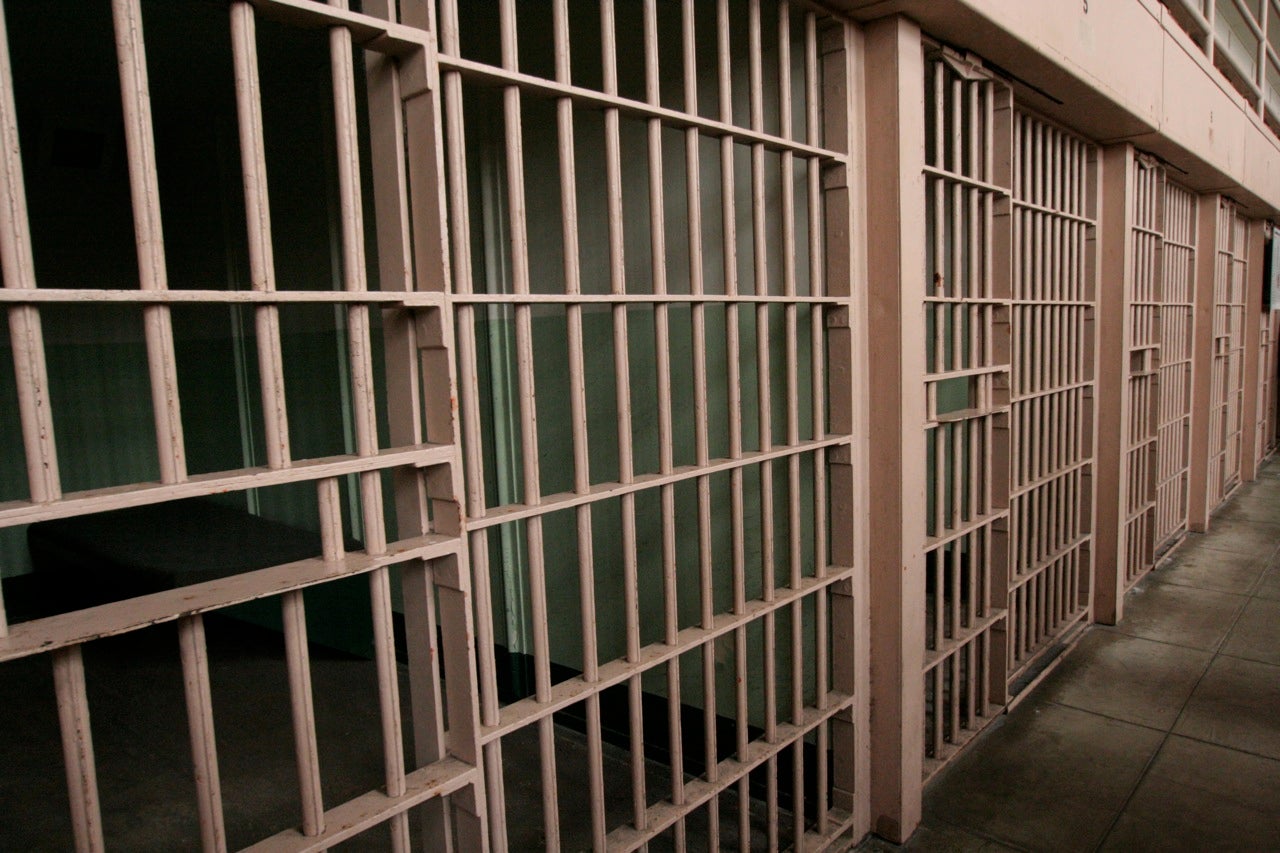A new report called “Beyond Bars” released by a coalition of national organizations committed to advocating for the well-being of young people is calling for Wisconsin and all other states to put an end to juvenile incarceration.
The National Collaboration for Youth offers guidelines in the report for creating a “continuum of care” that would establish community-based programs and resources to meet the individual needs of juveniles to keep them at home and out of youth prisons. The guidelines include ensuring services are family-centered and identifying the juvenile’s community strengths and assets.
“We should and we can change the paradigm from one in which systems provide services, and even good services, to one in which systems can actually build a continuum of community-based services, and most importantly, invest in the capacity of families and communities to be the primary healers and rehabilitators of their own children,” Clinton Lacey, director of the Washington D.C. Department of Youth Rehabilitation Services, said.
News with a little more humanity
WPR’s “Wisconsin Today” newsletter keeps you connected to the state you love without feeling overwhelmed. No paywall. No agenda. No corporate filter.
Youth incarceration hasn’t helped the vast majority of young people or improved public safety, said Shaena Fazal, author of the report and national policy directory at Youth Advocate Programs.
“According to the National Institutes of Justice, incarcerated youth are rearrested within two to three years of release, and there’s mounting evidence that youth incarceration may increase the likelihood of recidivism,” Fazal said.
The report notes a contrasting study that looked at 3,523 juveniles involved in the juvenile justice system. It found 86 percent of them were arrest-free while they attended a community-based program.
Juvenile incarceration disproportionately affects young of people of color, Fazal said.
In 2014 in Wisconsin, almost 70 percent of young people sent to prison were African-American. However, they only make up about 10 percent of the state’s total youth population, according the Youth Justice Milwaukee.
Wisconsin’s Lincoln Hills School for Boys and Copper Lake School for Girls are under investigation for alleged abuse of prisoners, sexual assault and destruction of public records. At least one county in the state stopped sending juveniles to the youth prisons pending the investigation’s completion.
Gov. Scott Walker is considering having the state fund the construction of a juvenile corrections center in Milwaukee County.
Hernan Carvente, analyst at the Vera Center on Youth Justice based in New York, New York, spent four years in a juvenile detention center in New York state. He said young people shouldn’t be sent to prisons because their minds are still developing and they are still susceptible to being influenced by their surroundings.
“Being incarcerated is not an environment or a space where growth can happen in a positive and healthy way,” Carvente said. “If we want to help our young people, we need to find alternatives that do not place them in a setting where they learn to be tough and to bottle up emotions and to not be able to share what they are feeling inside.”
Wisconsin Public Radio, © Copyright 2025, Board of Regents of the University of Wisconsin System and Wisconsin Educational Communications Board.






